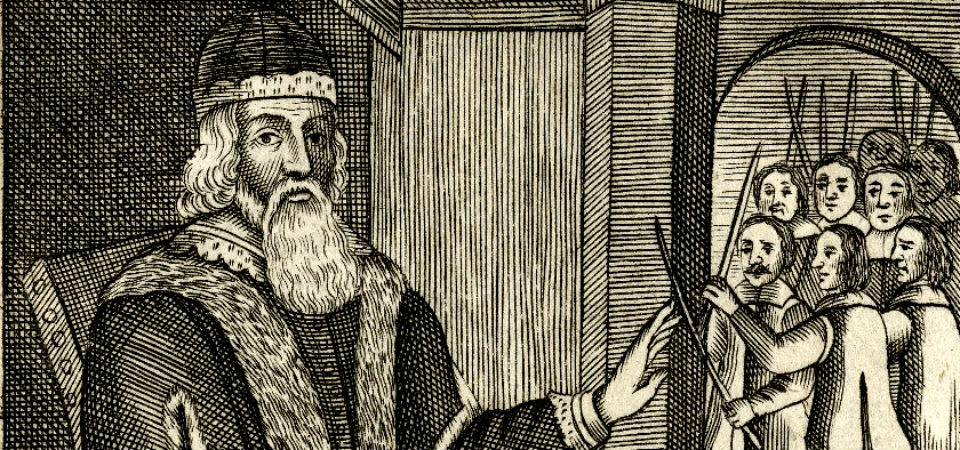It is undoubtedly one of the most bizarre seasonal periods of recent times.
So, in keeping with the seasonal strangeness, Loughborough’s 17th-century expert Dr Sara Read has brought you some equally peculiar stories from the past.
The first, the cancellation of Christmas celebrations, including singing, dancing, drinking, and playing games, between 1644 and 1660 by Parliament, will strike a chord with people today as restrictions are placed upon homes and celebrations are curtailed.
With Parliamentarian soldiers patrolling the streets to make sure no one was being merry, jolly or festive during December, 17th-century families had it as tough as we do today – minus the virus, of course.
A few satirical publications had embraced the embargo and reported the arrest of Father Christmas.
“We’re living through history right now,” said Dr Read. “In years to come, people will look back to December 2020 and sympathise with how upsetting a lockdown Christmas must have been, with people unable to celebrate in their usual ways, singing carols and partying.
“But 375-years-ago, people were reading about the imprisonment of Father Christmas – it was the 17th-century version of fake news.
“Today, thanks to Twitter, the Prime Minister is able to send out a much more positive message to an even wider audience.
“Only last month – a week after the Italian PM had posted something similar – Boris Johnson tweeted an eight-year-old boy to reassure him that ‘Father Christmas will be packing his sleigh and delivering presents this Christmas!'.
“Much better than the propaganda of the 1600s.”
For more on this story read: No-tivity: The 17th century satirical backlash when Parliament banned Christmas
And for those of you who won’t let coronavirus get between you and the bountiful excesses of your Yuletide feasting, Dr Read has the perfect remedy from the 1600s to relieve your Christmas bloat.
If you’d like to try the rather boozy recipe for ‘surfeit water’ read: Ye olde remedies for modern Christmasse ailments… or how 17th century medicine can help after a Christmas binge
Finally, why is a mince pie is called a mince pie?
Because it’s got mincemeat in it, obviously… and it’s a pie.
But be warned, this is not for the faint of heart or faint of stomach: Recipe: Create your own mince pie the 17th century way… with ox tongue
Dr Read added: “These are all examples of how Christmas was celebrated – or not – in the 17th century and I hope it gives people a little lift this festive season, because we certainly need it.”
ENDS
